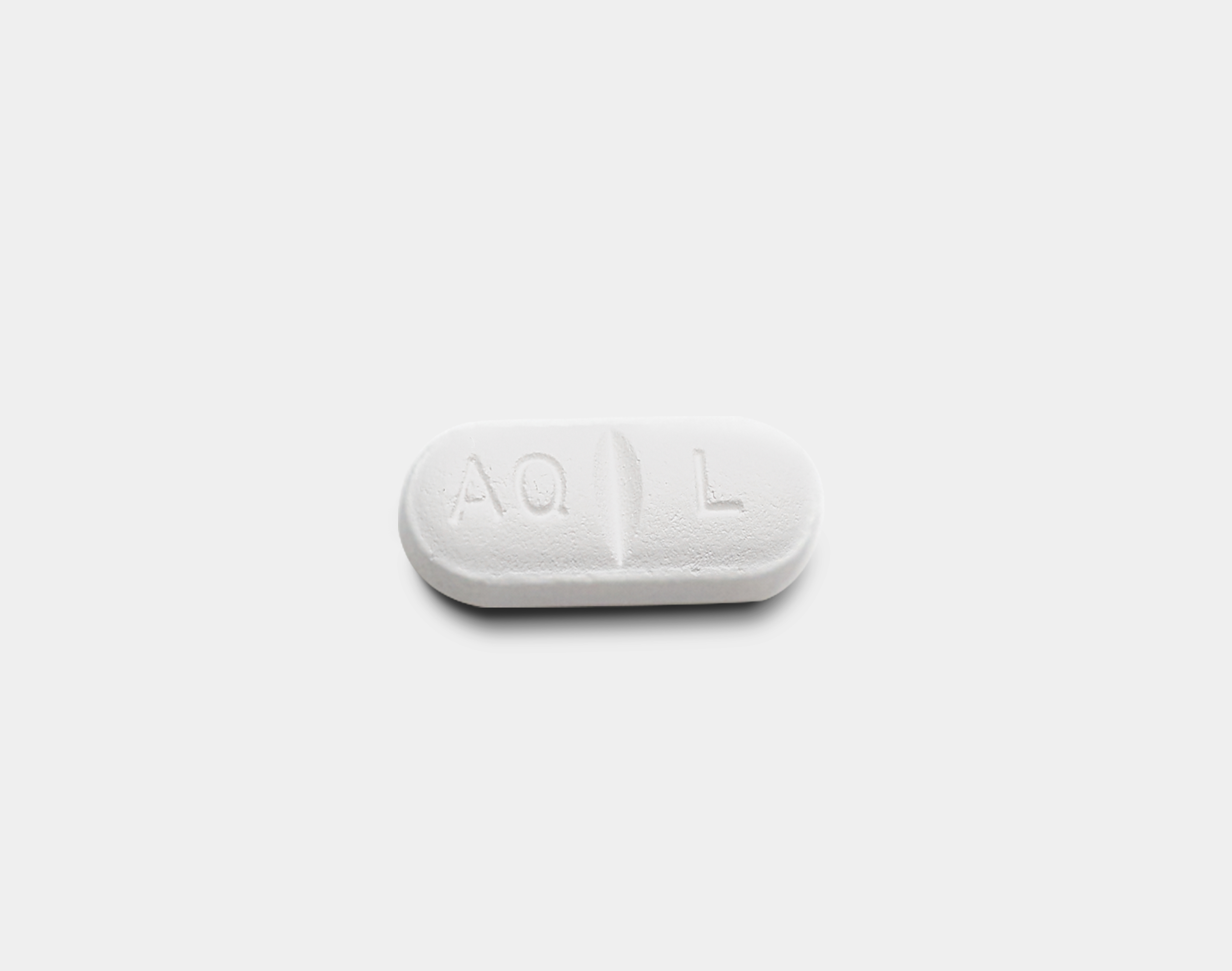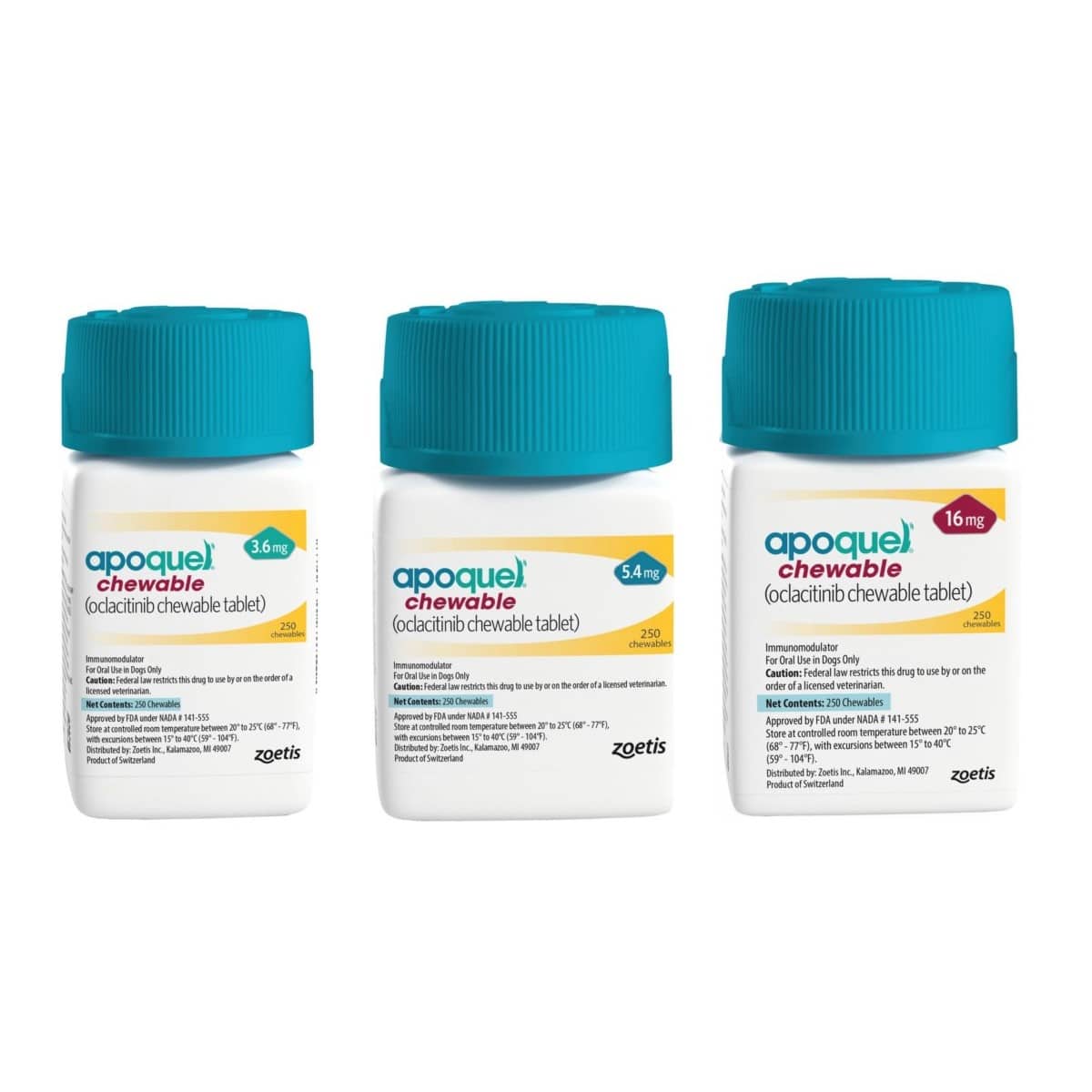Are you tired of relying on oclacitinib and wondering if there are better alternatives out there? You're not alone! Many pet owners are exploring new options to manage their furry friend's itchy skin and allergies. Oclacitinib has been a popular choice, but sometimes it’s worth looking at what else the market has to offer. Today, we’ll dive deep into oclacitinib alternatives that could make a world of difference for your pet.
Let’s be honest—finding the right treatment for your pet can feel overwhelming. But don’t worry, we’ve got your back! Whether you’re dealing with side effects, cost concerns, or simply want to try something new, this guide is here to help. We’ll cover everything from natural remedies to prescription alternatives, ensuring you make an informed decision for your beloved companion.
Before we jump into the details, let’s address the elephant in the room. Oclacitinib, while effective, isn’t always the best fit for every pet. Some pups experience side effects, while others might need a more affordable solution. That’s why we’re going to explore oclacitinib alternatives that are just as effective—if not more! So, grab a cup of coffee, and let’s get started!
- What Is The Sign For May 29 Unlocking The Secrets Of Your Zodiac
- Is Dr David Jeremiah Still Alive The Truth Behind The Question
Understanding Oclacitinib and Why Alternatives Matter
Oclacitinib, commonly known as Apoquel, has been a game-changer for managing allergic skin conditions in dogs. But as much as we love its quick results, it’s not perfect. Side effects like vomiting, diarrhea, and even behavioral changes have been reported. Plus, the cost can add up quickly, leaving many pet owners searching for oclacitinib alternatives.
Let’s break it down. Oclacitinib works by inhibiting Janus kinase (JAK), which helps reduce inflammation and itching. But if your pup doesn’t respond well or you’re looking for a more budget-friendly option, there are plenty of alternatives worth considering. From prescription medications to natural remedies, we’ve got all the bases covered.
Why Consider Oclacitinib Alternatives?
- Reduce potential side effects
- Lower overall treatment costs
- Explore options for pets with underlying health issues
- Find a solution that aligns with your pet’s specific needs
It’s not just about finding something cheaper—it’s about finding what works best for your pet. And trust us, there are plenty of great options out there!
- Jlo And Diddy Halloween Costume The Ultimate Celebrity Duo Spooktacular
- Trump Deepthroat Mic The Untold Story That Everyones Talking About
Top Prescription Oclacitinib Alternatives
If you’re looking for a prescription alternative to oclacitinib, you’re in luck! Several medications on the market offer similar benefits without the drawbacks. Let’s take a closer look at some of the top contenders.
Cytopoint (Lokivetmab)
Cytopoint is an injectable monoclonal antibody that targets a specific protein responsible for itching. Unlike oclacitinib, it doesn’t affect the immune system, making it a great option for pets with underlying health issues. Plus, one injection can provide relief for up to 4-8 weeks!
**Pros:** Minimal side effects, long-lasting relief, safe for pets with chronic conditions.
**Cons:** Requires a vet visit for administration, may not work for all pets.
Apoquel Alternatives: Atopica (Cyclosporine)
Atopica has been around for years and is another popular choice for managing allergic skin conditions. It works by suppressing the immune system, reducing inflammation and itching. While it may take a bit longer to kick in compared to oclacitinib, it’s still highly effective.
**Pros:** Proven track record, safe for long-term use, effective for severe cases.
**Cons:** Can be pricey, may cause gastrointestinal upset in some pets.
Other Prescription Options
- Prednisone: A corticosteroid that provides quick relief but isn’t ideal for long-term use.
- Tricyclazole: An antifungal medication that also helps reduce itching.
- Deracoxib: A non-steroidal anti-inflammatory drug (NSAID) that can help with pain and inflammation.
Remember, every pet is different, so it’s essential to consult with your vet before making any changes to their treatment plan.
Natural Remedies as Oclacitinib Alternatives
If you prefer a more holistic approach, there are plenty of natural remedies that can help soothe your pet’s itchy skin. While they may not work as quickly as prescription medications, they’re often safer and more affordable in the long run.
Omega-3 Fatty Acids
Omega-3 fatty acids are packed with anti-inflammatory properties and can help reduce itching and inflammation. You can find them in fish oil supplements or by adding fatty fish like salmon to your pet’s diet.
**Tip:** Look for a high-quality supplement specifically formulated for pets to ensure safety and efficacy.
Coconut Oil
Coconut oil is another natural powerhouse that can work wonders for itchy skin. It’s rich in lauric acid, which has antimicrobial and anti-inflammatory properties. You can apply it topically or add it to your pet’s food for internal benefits.
**Caution:** Use coconut oil in moderation, as too much can lead to weight gain or digestive issues.
Other Natural Options
- Oatmeal baths: Soothing and effective for relieving itchy skin.
- Apple cider vinegar: Can be used as a natural antiseptic and itch reliever.
- Probiotics: Help support gut health, which can improve skin conditions.
Natural remedies might take a bit longer to show results, but they’re worth considering if you want to avoid medications altogether.
Over-the-Counter Oclacitinib Alternatives
For those who prefer a middle ground between prescription meds and natural remedies, over-the-counter options are worth exploring. These products are readily available and can provide relief without a vet visit.
Antihistamines
Antihistamines like Benadryl, Zyrtec, and Claritin are commonly used to manage allergies in pets. They work by blocking histamine receptors, reducing itching and inflammation. While they’re generally safe, it’s always a good idea to consult with your vet before starting any new medication.
**Dosage Tip:** Always follow your vet’s recommended dosage to avoid potential side effects.
Topical Treatments
Topical treatments like medicated shampoos, sprays, and creams can provide instant relief for itchy skin. Look for products containing ingredients like hydrocortisone, aloe vera, or chamomile for maximum effectiveness.
**Pro Tip:** Regular grooming and bathing can also help remove allergens from your pet’s fur, reducing itching and inflammation.
Other OTC Options
- Hydrocortisone cream: Safe for short-term use to relieve itching.
- Epsom salt baths: Helps draw out toxins and reduce inflammation.
- Hemp oil: Contains anti-inflammatory properties and can be used both topically and internally.
Over-the-counter options are a great way to manage mild to moderate symptoms without breaking the bank.
Managing Allergies Without Oclacitinib
While oclacitinib alternatives are a great option, sometimes the best approach is to tackle the root cause of the problem. Managing allergies effectively can reduce the need for medication altogether. Here are some tips to help you get started:
Identify and Avoid Allergens
The first step in managing allergies is identifying what’s causing them. Common allergens include pollen, dust mites, mold, and certain foods. Once you’ve identified the culprits, take steps to minimize exposure.
**Allergy Testing:** If you’re unsure what’s causing your pet’s allergies, consider having them tested by a vet. This can help pinpoint specific triggers and guide your treatment plan.
Environmental Control
Creating a pet-friendly environment can go a long way in reducing allergy symptoms. Vacuum regularly, wash bedding frequently, and consider using an air purifier to remove allergens from the air.
**Fun Fact:** Did you know that certain houseplants can help purify the air and reduce allergens? Plants like spider plants and peace lilies are great options for pet-friendly homes.
Dietary Management
Food allergies are a common cause of itchy skin in pets. If you suspect your pup has a food allergy, consider switching to a hypoallergenic diet. These diets are specially formulated to minimize allergens and provide optimal nutrition.
**Tip:** Always make dietary changes gradually to avoid upsetting your pet’s stomach.
Cost Comparison: Oclacitinib vs. Alternatives
One of the biggest concerns for pet owners is the cost of treatment. Oclacitinib can be expensive, especially if your pet requires long-term management. Let’s take a look at how the costs stack up against some popular alternatives.
Oclacitinib Cost Breakdown
Oclacitinib typically costs around $1-$2 per tablet, depending on the dosage and quantity purchased. For a medium-sized dog, this can add up to $60-$100 per month, depending on their weight and dosage requirements.
Alternative Cost Comparison
- Cytopoint: Around $50-$100 per injection, depending on the size of your pet.
- Atopica: Similar to oclacitinib, with costs ranging from $50-$150 per month.
- Natural Remedies: Vary widely depending on the product, but generally more affordable in the long run.
- Over-the-Counter Options: Typically range from $10-$50 per month, depending on the product and frequency of use.
While the upfront costs of some alternatives may seem similar, they often provide longer-lasting relief, making them a more cost-effective option in the long run.
Side Effects and Safety Considerations
When exploring oclacitinib alternatives, it’s important to consider potential side effects and safety concerns. Every medication or treatment carries some level of risk, so it’s crucial to weigh the benefits against the potential downsides.
Common Side Effects of Oclacitinib
- Vomiting
- Diarrhea
- Increased thirst and urination
- Behavioral changes
While these side effects are generally mild and temporary, they can be a dealbreaker for some pet owners. That’s why exploring alternatives can be a great option for pets who don’t tolerate oclacitinib well.
Safety Considerations for Alternatives
Each alternative comes with its own set of considerations. For example:
- Cytopoint: Minimal side effects, but requires regular vet visits for administration.
- Atopica: Effective but can cause gastrointestinal upset in some pets.
- Natural Remedies: Generally safe, but may take longer to show results.
Always consult with your vet before making any changes to your pet’s treatment plan to ensure their safety and well-being.
Expert Insights and Recommendations
We spoke with Dr. Sarah Thompson, a board-certified veterinary dermatologist, to get her take on oclacitinib alternatives. Here’s what she had to say:
"While oclacitinib is a fantastic option for many pets, it’s not always the best fit for every situation. I often recommend exploring alternatives like Cytopoint or Atopica for pets with chronic conditions or those who experience side effects. It’s all about finding the right balance between efficacy, safety, and cost."
Dr. Thompson also emphasized the importance of addressing the root cause of allergies. "Managing allergies effectively can significantly reduce the need for medication, improving both your pet’s quality of life and your wallet!"
Final Thoughts: Choosing the Best Oclacitinib Alternative for Your Pet
As we wrap up this guide, let’s recap some key takeaways:
- Oclacitinib alternatives can provide effective relief without the potential side effects or high costs.
- Prescription options like Cytopoint and Atopica are great choices for pets with chronic conditions.
- Natural remedies and over-the-counter options can be effective for mild to moderate symptoms.
- Managing allergies effectively can reduce
- Kim Kardashian Boyfriends A Deep Dive Into Her Love Life Journey
- Why Was Jelly Roll Arrested Unpacking The Truth Behind The Headlines


